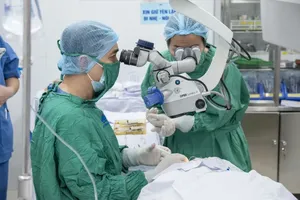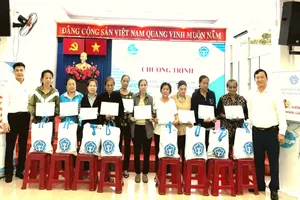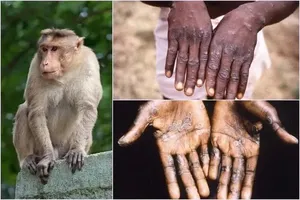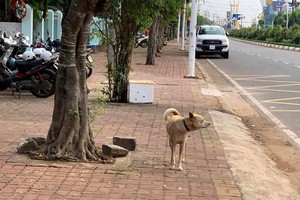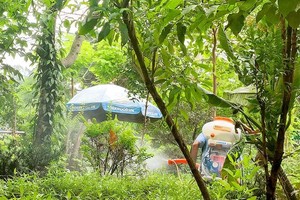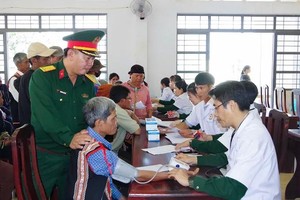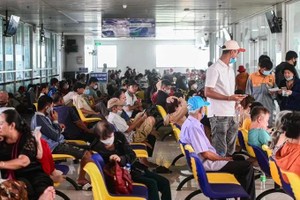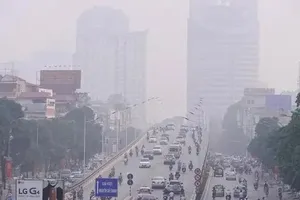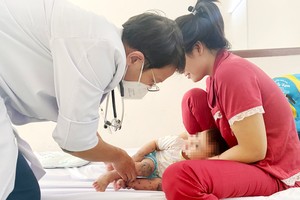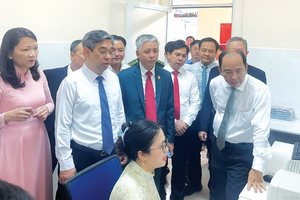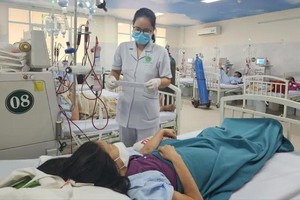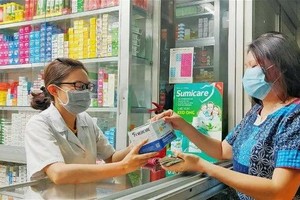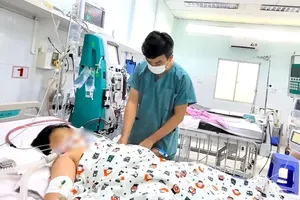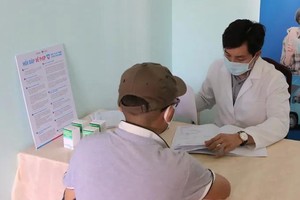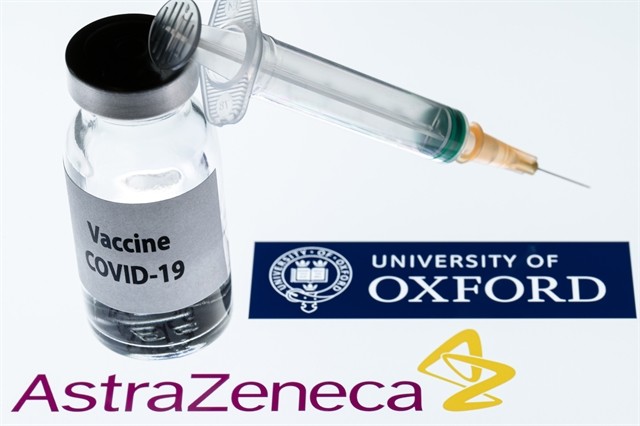
With a double-dose regime given about a month apart, the delivery from the UK-based university and pharmaceutical firm will be used to inoculate some 15 million people in the country.
Deputy Minister of Health Truong Quoc Cuong said at a Government press briefing in Hanoi that the delivery of the Oxford-AstraZeneca vaccine, which is reportedly more affordable and doesn't require super-cold storage conditions, will be done in phases through all four quarters of 2021.
The health ministry is in negotiations for the procurement of the four most notable COVID-19 vaccines, the Oxford-AstraZeneca, the US’ Pfizer-BioNTech, Russia’s Sputnik V, and an unspecified Chinese vaccine, Cuong said, adding that various details regarding the deals with the four vaccine makers cannot be made public due to non-disclosure agreements that they required.
The US-based Pfizer has also tentatively agreed to a fourth-quarter delivery, Cuong stated.
Meanwhile, the Russian maker of the Sputnik V vaccine, developed by the Gamaleya Research Institute of Epidemiology and Microbiology, is asking to manufacture the vaccine in Vietnam under a technology transfer agreement with a company under the management of the Vietnamese health ministry.
The price of the vaccines does not differ significantly, Cuong stated, noting that the requirements of the vaccines’ storage and delivery and rollout, as well as payment issues, matter a great deal and need co-ordination from different ministries and agencies and even instructions from the Politburo given the unprecedented nature of this undertaking.
The other thing to consider is that these vaccines have varying levels of effectiveness in clinical trials, some reaching 65 per cent at the lowest while another could be as 94.5 per cent, Cuong said.
“We are doing our best so that Vietnamese people could get access to COVID-19 vaccines,” he added.
In addition to the commercial route, Vietnam is also eligible for support from the WHO-led COVID-19 vaccine Global Access Facility which aims to provide equitable access to vaccines.
Cuong said the initiative promised inoculation for 16 per cent of Vietnamese population at the cheapest cost possible, but at the moment, the countries that are making COVID-19 vaccines are still struggling to fulfil the huge demand globally.
A clearer picture would emerge within the first three months of this year and by then, a detailed plan for procurement and rollout among the population could be developed, he said.
Mai Tien Dung, Chairman of the Government Office, emphasized that even with COVID-19 vaccine, efforts to prevent and control the disease would still need to be strictly observed
Vietnam is also pursuing homegrown vaccines, with one called Nano Covax already in first-phase human trial since December, and another set for human trials in late January.
The full data for assessment will be available at the end 2021 as per their projected timeline.
As of Monday morning, Vietnam had logged a total of 1,494 COVID-19 patients, 1,339 of which have already recovered.
The country has gone 33 days without community transmission.




